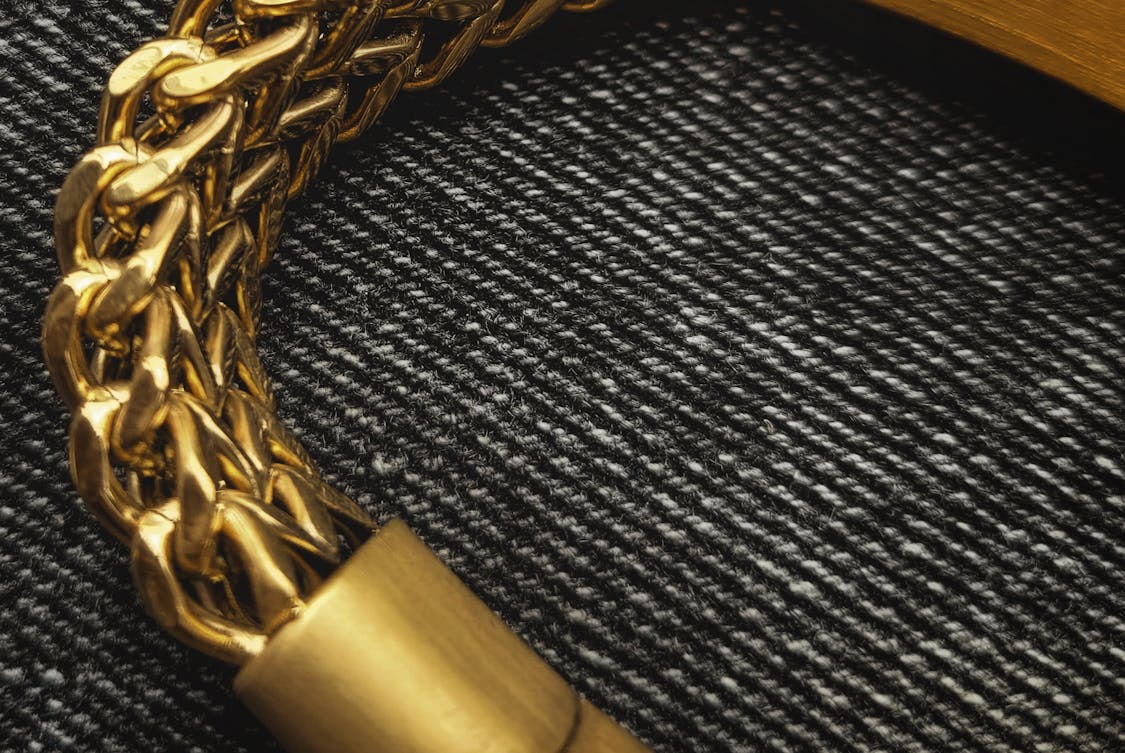Buying gold can feel like a rite of passage for many. Whether it’s for investment, jewelry, or collection, there are several important guidelines that can help smooth the process. Here are five essential rules to consider before making your first purchase.
1. Know Your Purposes for Buying Gold
Understanding why you want to buy gold is the first step. Are you looking for a long-term investment, a hedge against inflation, or perhaps a special piece of jewelry? Each reason comes with different considerations.
When buying gold as an investment, focus on gold bars or coins that carry a high resale value. On the other hand, if you’re purchasing jewelry, craftsmanship and design will play a critical role. This distinction can influence your budget and your expectations.
Do some research on the historical performance of gold prices to gauge its potential as an investment. This insight can help you feel more confident about your purchase, regardless of your motivation. Gold has its ups and downs, so understanding market cycles can be beneficial as well.
Lastly, remember that gold’s value often fluctuates with global economic conditions. Keeping an eye on these factors can help you make a more informed decision.
2. Understand Gold Purity and Types

Gold purity is a significant factor that affects pricing. Gold is usually measured in karats, with 24 karats being pure gold. However, most jewelry is made from 14K or 18K gold, which contains other metals for durability.
Familiarize yourself with these different purities and their implications. For instance, 24K gold is soft and malleable, making it less suitable for everyday wear. In contrast, 14K gold is more durable and better for items that will see regular use.
Secondly, consider the types of gold you can purchase. There are options like gold coins, bullion bars, and jewelry, each coming with its own set of pros and cons. Gold coins may have a collectible value, while bullion bars tend to offer lower premiums over the spot price.
Understanding the differences between these options can guide your decision-making process, helping you choose what suits your needs the best.
3. Research Reputable Dealers
Finding a trustworthy dealer is essential in your gold-buying journey. Not all sellers are created equal, and some may not provide fair pricing or accurate information.
Start by seeking recommendations from friends or family who have experience in gold purchases. Online reviews can also be a goldmine of information in assessing a dealer’s reputation. Look for transparency in pricing and return policies as these are indicators of a reliable vendor.
Visit multiple dealers to gauge their levels of knowledge and customer service. A good dealer should be more than willing to answer your questions and provide documentation regarding the gold’s purity and origin.
Lastly, be cautious of deals that seem too good to be true; they often are. A reputable dealer will offer fair prices but won’t undercut the market dramatically.
For a secure and well-reviewed starting point, many investors consider Money Metals a trusted resource for fair pricing and helpful educational tools.
4. Set a Budget and Stick to It
Before making any purchases, determine a budget that aligns with your financial situation. Gold can be an expensive investment, so knowing how much you’re willing to spend can prevent impulsive decisions that lead to buyer’s remorse.
Consider the current market price of gold and how that fits into your budget. Prices can fluctuate daily, so checking multiple sources can help you find a reasonable price point.
It’s also wise to factor in additional costs, like sales tax or shipping fees, if applicable. These hidden costs can add up, so having a clear financial plan can save you from unexpected expenses.
Lastly, practice self-discipline. It can be tempting to overspend, especially when faced with beautiful jewelry or rare coins. Stick to your budget to ensure that your investment remains a sound financial decision.
5. Keep Documentation Safe
Once you’ve made your purchase, keeping all relevant documentation is crucial. This includes invoices, certificates of authenticity, and any appraisals you might have received. These documents not only serve as proof of purchase but can also enhance the resale value of your gold.
Store these documents in a safe place, perhaps even a safe deposit box if you own a significant amount of gold. This protects against loss or damage, ensuring that your investment remains secure.
If you plan to sell your gold in the future, having this documentation readily available can make the process smoother. It can also build trust with potential buyers, who may be skeptical of items without proof of authenticity.
In a nutshell, treating your gold purchase as a formal transaction, complete with documentation, can help protect your investment in the long run.
Navigating the gold market can seem daunting, but following these essential rules will prepare you for a successful purchase. Whether you’re interested in gold for its beauty or its investment potential, being informed is key to making a smart decision.









